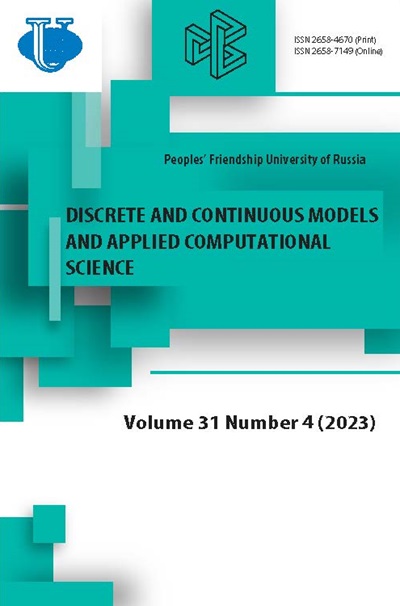Analysis of a Finite-Capacity M|G|1|r Queue with Threshold Overload Control
- Authors: Gaidamaka YV1, Zakirova RI1
-
Affiliations:
- Peoples’ Friendship University of Russia
- Issue: No 2 (2014)
- Pages: 43-50
- Section: Articles
- URL: https://journals.rudn.ru/miph/article/view/8344
Cite item
Full Text
Abstract
One of the main challenges faced by telecommunications industry today is an issue of searching for the most effective overload control mechanisms on SIP servers. Generally, overload occurs in SIP networks when SIP servers have insufficient resources to handle all SIP messages they receive to handle all incoming SIP traffic. Such problems can decrease performance of SIP server or even cause its crash. The IETF offers several solutions depending on types of overloads: to increase the number of SIP servers, through 503 (Service Unavailable) response code (IETF RFC 3261), rate-based overload control, loss-based overload control. However, SIP servers are still vulnerable to overload. In this paper we have built and analyzed the M|G|1|r queue with one level hysteretic input load control. Stationary distribution has been achieved based on the Embedded Markov chain method. Approach that allows computation of probability of loss and an average length of queue is developed. Another important parameter, the return time from overloading states to normal state is also considered. A numerical example illustrating the control mechanism that minimizes this characteristic is given to demonstrate some optimization issues.
About the authors
Y V Gaidamaka
Peoples’ Friendship University of Russia
Email: ygaidamaka@mail.ru
R I Zakirova
Peoples’ Friendship University of Russia
Email: renatazakirova@gmail.com
References
















